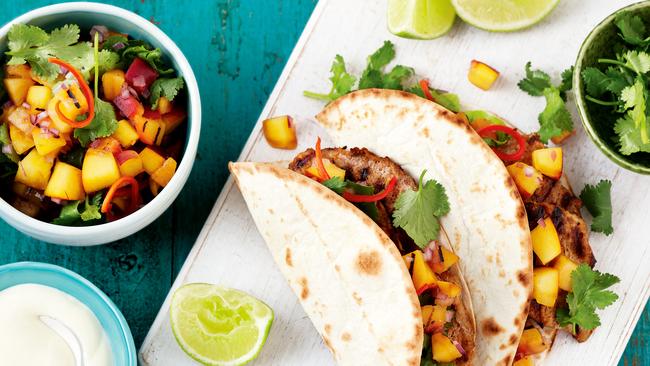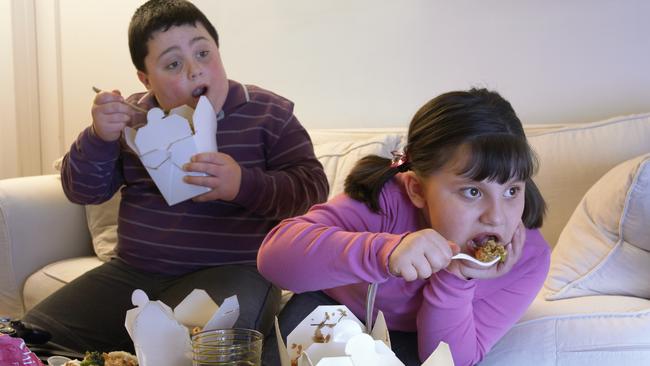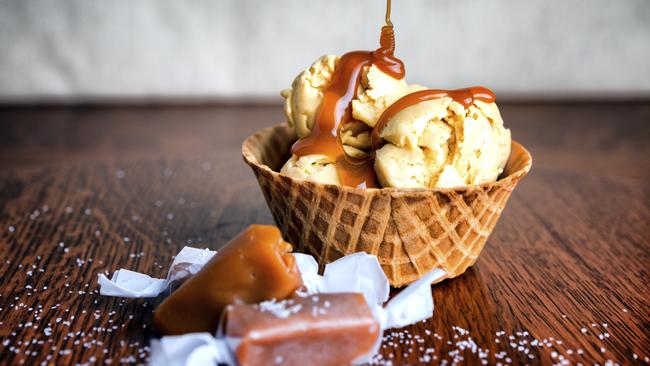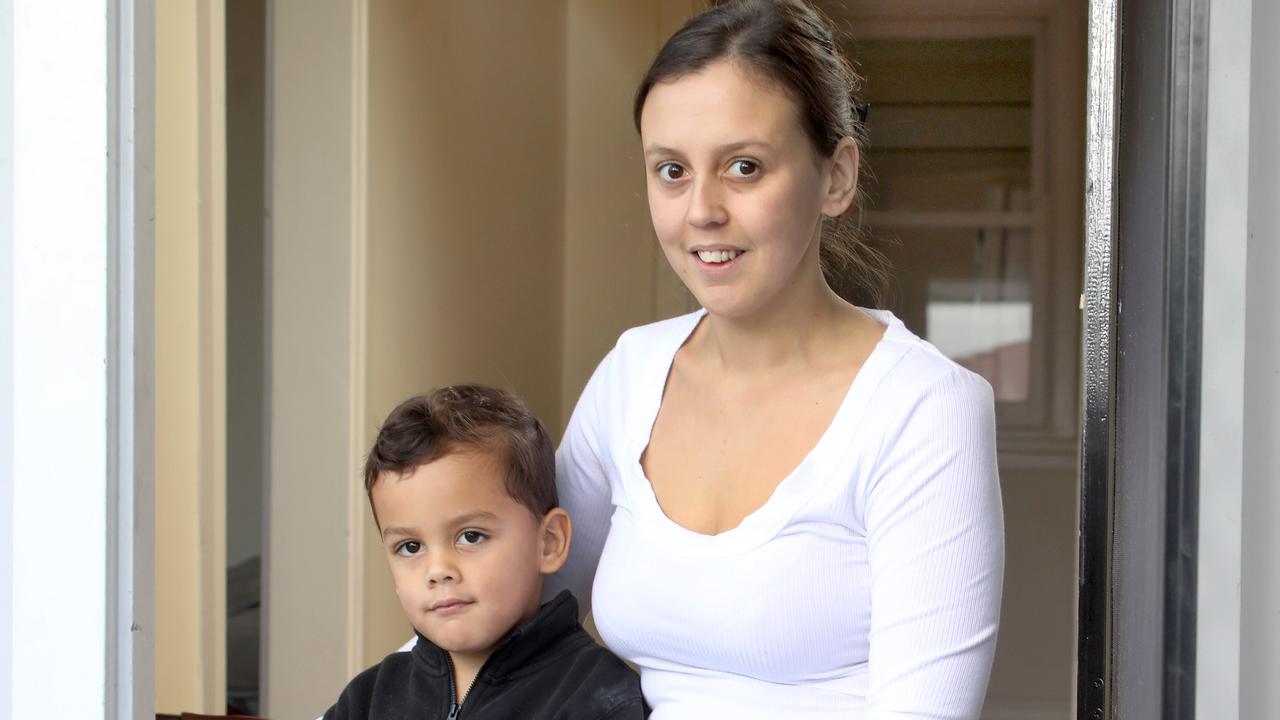How to trick yourself into losing weight
A NEW study has found there is a simple way to lose weight using the power of memory. The catch: You just have to remember to do it.

Health
Don't miss out on the headlines from Health. Followed categories will be added to My News.
THERE may be a simple way keep your weight in check using the power of memory. The catch: You just have to remember.
It would seem that hunger is a fairly straightforward instinct: depending on how much you eat, you either will (or won’t) be hungry afterwards. Our appetite, on the other hand, is our desire to eat, which scientist believe is formed as much in the mind as our stomach — to the point that if you recall the last food that passed your lips, you can get thinner minus the hunger pangs.
A recent study at the University of Oxford showed people who actively recall what they had eaten earlier in the day were discouraged from overeating later on.
The researchers in this study tested whether an audio instruction, played during a meal, could help a group of obese women to eat more mindfully. The three-minute recording instructed them to focus on the full sensual experience of eating (sight, taste and smell).
The result? Women who were asked to savour every morsel snacked less for three hours after eating the meal, consuming 30 per cent fewer calories than the control group. They concluded that being aware and remembering previous meals helps cue the body’s hunger signals, which is critical to help eat less.

The idea that memory may play a role in how full you feel isn’t exactly novel. Neurologists have previously determined people who suffered amnesia or short-term memory loss ate meal after meal because their brain didn’t send the ‘I’m full’ message, despite being presumably full.
So does this mean you CAN trick yourself into eating less? Quite possibly.
Try these sneaky tricks to help overcome the top three amnesia-eating challenges.
Multitask
Whether it’s snacking in front of the computer or picking at the kids’ leftovers, many of our decisions about food are made on autopilot. Not really thinking about what you’re eating may mean you’re not making sufficient memories of the food, therefore setting yourself up for pigging out later.
The Fix: Vow not to eat while you’re concentrating on something else. When you’re distracted, you can’t really pay attention to the taste and textures of your meal, so you rob yourself of the eating experience. Food that’s eaten at a table, slowly, attentively, is more effective at satiating.

Using food for comfort
When we’re feeling depressed, angry, bored or stressed, many of us turn to food for relief. In fact, comfort eating is a learnt behaviour instilled in us from childhood. As children, if we’re crying or need soothing, adults will often offer food for comfort or as a reward, and because of this, eating is a learnt reaction that we link to feeling better.
Unfortunately, for many of us, this comforting act passes into adulthood, which means you often use food to reward or soothe the pain.
The Fix: Grab a pen. You’d be surprised how much you eat during the day if you have to write it down. Going digital? Search for apps that can remind you to recall your previous meals throughout the day.

Portion distortion
There’s no denying that portions have steadily crept up, but the frightening thing is that, for many, larger sizes are perceived as ‘normal’. Jumbo sizes may be more value for money, but not your waistline.
The Fix: Using smaller plates is a fairly obvious solution to cut right back, but taking a moment to consciously eyeball portion sizes and thoughtfully encode the size of your meal into your memory, like “that’s a large slice”, will make it more likely that you will remember what you’ve eaten later.
Kathleen Alleaume is a nutritionist and exercise physiologist and author of What’s Eating You? Follow Kathleen on Twitter @therightbalance
Originally published as How to trick yourself into losing weight







